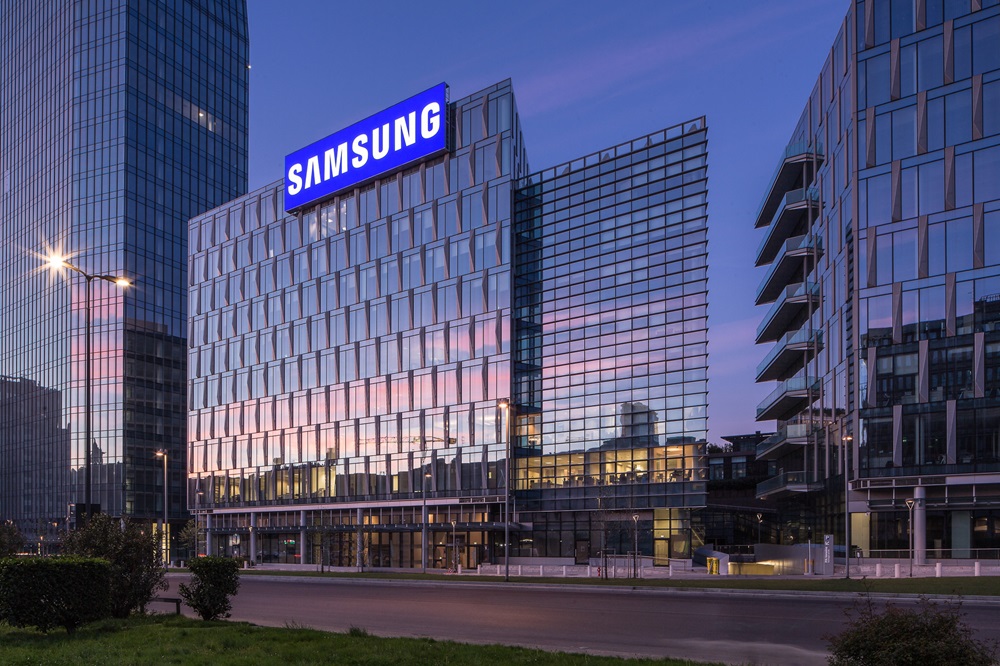Samsung Approved to Extend R&D Work Hours to 64 Weekly
Samsung Electronics has received approval from South Korea’s Ministry of Employment and Labor to increase its weekly work hours to 64 for employees in its R&D and semiconductor divisions. The request was approved on April 9, 2025, by the ministry’s Gyeonggi branch.
This makes Samsung the first company in the region to obtain such approval after recent labor law revisions. The decision is aimed at boosting competitiveness in the global semiconductor industry, where the company has been falling behind its rivals.
Revised Labor Law Enables Six-Month Work Hour Extensions
South Korea previously enforced a statutory 52-hour workweek. However, on March 14, 2025, the government revised labor laws to allow companies to apply for extensions of up to six months. Samsung’s approved overtime arrangement now allows eligible R&D employees to work up to 64 hours per week for this period.
Before the revision, extensions were limited to three months. Under the new rules, a one-time six-month extension is permitted per application. After this period, a new application is required for continued approval.
A labor ministry official stated that other semiconductor companies are preparing similar applications to gain a competitive edge.
No Confirmation on Compensation or Worker Protections
The report from The Chosun Daily did not specify whether Samsung’s R&D employees would receive increased compensation for the additional hours. It also did not mention whether South Korean labor laws include provisions to protect workers from excessive fatigue or overwork under the revised system.
Samsung Advances 2nm Chip Development Amid Increased Workload
Samsung recently achieved a 2nm chip yield of 40 percent, improving from a previous 30 percent yield during trial production of the Exynos 2600. This progress highlights the company’s efforts to compete with leading chipmakers such as TSMC.
The government’s recent labor law change allows companies like Samsung to seek additional workforce flexibility as they aim to advance in critical technology sectors.
PHOTO: SAMSUNG
This article was created with AI assistance.
Read More






 Saturday, 31-01-26
Saturday, 31-01-26







